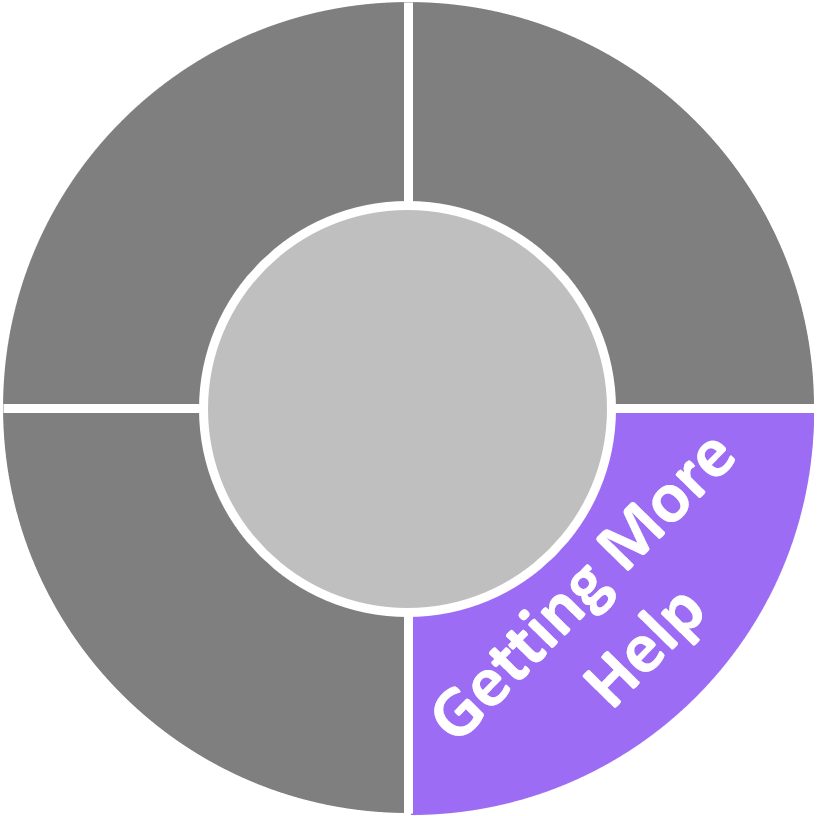Bolton Early Years Integrated Parent-Infant Mental Health Pathway
Getting More Help

Framework for Action Level: Early Help/ Targeted Help
Criteria for accessing more help:
- Parent/intended parent/ carer concern in relation to mental health/ parent-infant relationship; and/or
- Professional judgement based on holistic assessment; and/or;
- Concern following completion of NBO; and/or
- Parent scores above cut-off on GAD 7 or PHQ 9; and/or
- Reference to Specialist Mental Health Midwives Triaging Criteria; and/or
- Children who score ‘black’ on ASQ-SE; and/or
- Child below age related expectation within the EYFS in PSED; and/or
- Early Help Assessment & family plan.
Families who are ‘Getting More Help’ are not conceptually different from those ‘Getting Help’ but will require more extensive, longer term evidence-based intervention due to increased complexity and potential risk factors associated with the parent/infant (but do not pose immediate danger).
They are likely to require a coordinated multi-agency approach to delivering support. Additional services/interventions may include:
- Referral to Specialist Perinatal Mental Health Midwifery Service.
- Individual service Early Help offer and agreeing next steps to contribute to an Early Help Action Plan.
- PAIRS for assessment and intervention, inc. NBAS, VIG, COS-P, Baby Bonding.
- Child and Adolescent Mental Health Service for young parents.
- Adult IAPT - Step 3 & 3+ interventions (inc. CBT, CFT, EMDR, CAT).
- Adult Community Mental Health Team (CMHT).
- Perinatal Community Mental Health Team (PCMHT) where there are moderate to severe maternal mental health concerns.
- Substance Misuse Services.
- Maternal Mental Health Service (MMHS) - support for women with moderate-severe mental health difficulties, directly arising from experiences of maternal loss and/or maternal trauma.
- Targeted Early Help Service Offer.
- Children’s Social Care where there are safeguarding concerns.
Holistic Assessment
Early Help is a multi-agency approach, working collaboratively with parents and carers to support the identification of risk and need, and to coordinate an effective and timely response via the Early Help Assessment and Plan.
